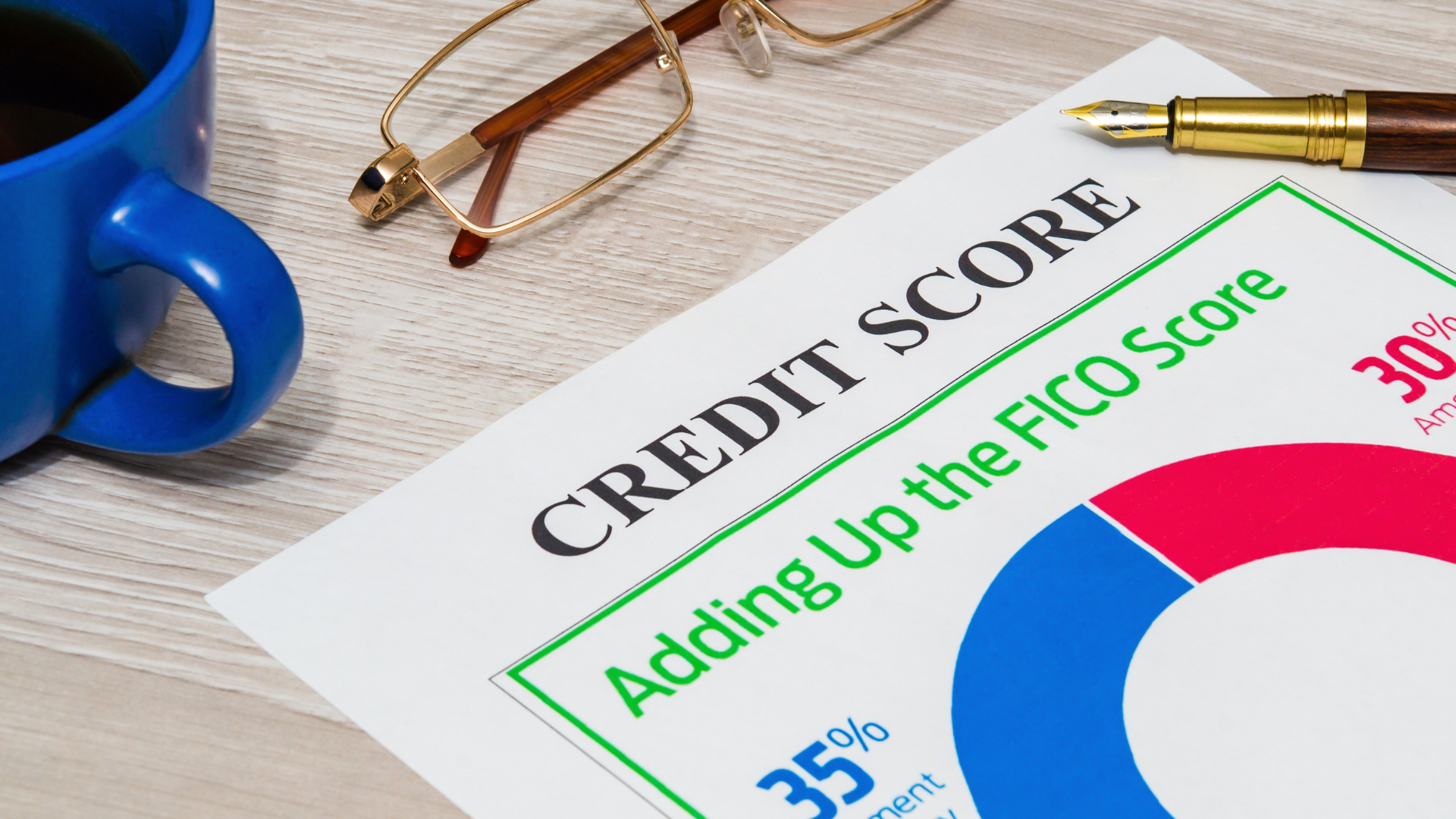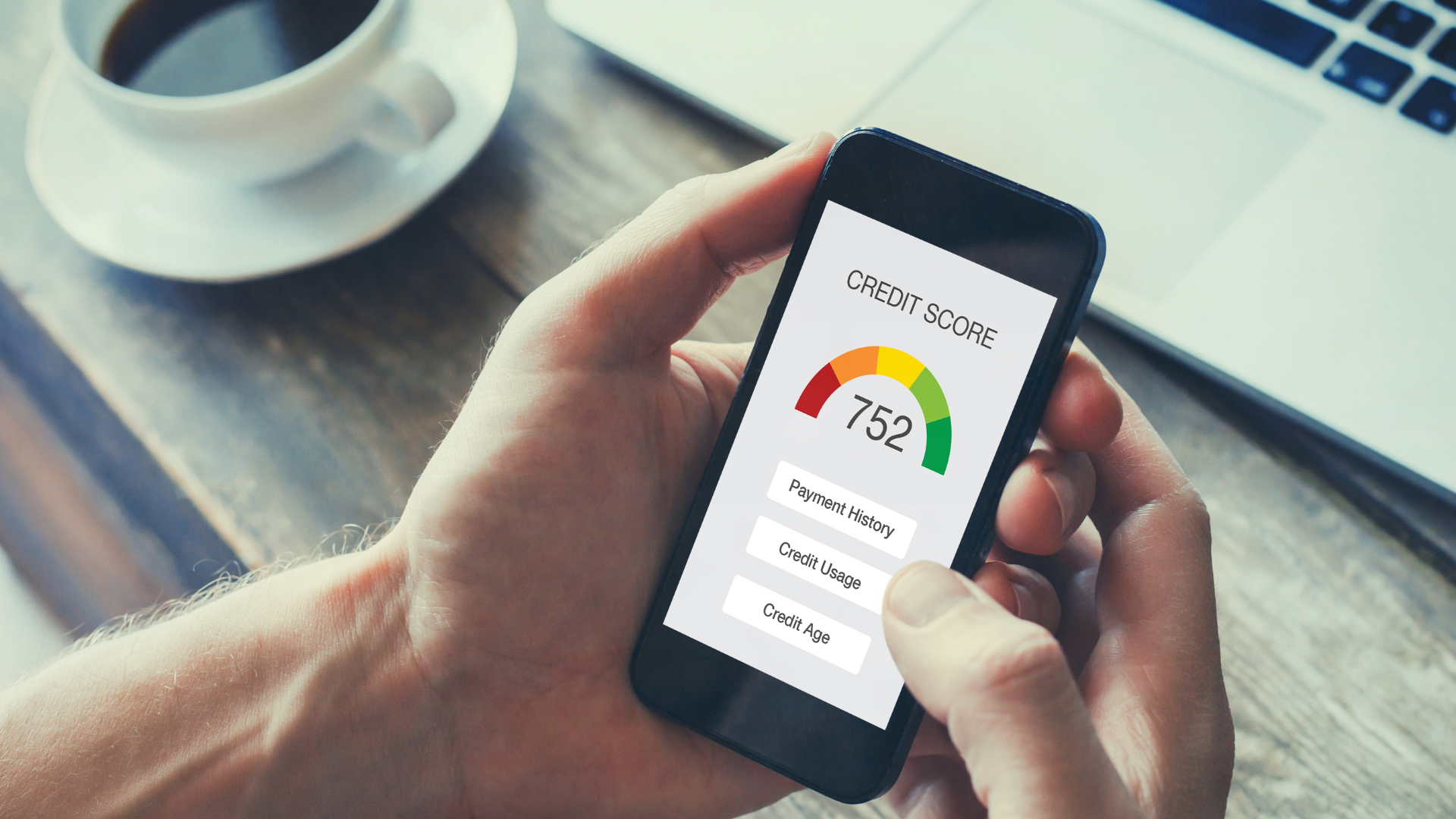What a 650 Credit Score Really Means — and How to Improve It
Is a 650 Credit Score Good Enough?
Credit scores play a major role in financial decision-making — whether you’re applying for a loan, financing a car, or even renting an apartment. But understanding what your credit score means and how it impacts your options can be confusing, especially if you’re somewhere in the middle of the scale.
If you’ve got a credit score around 650, you’re not alone. Millions of Americans fall into this “fair” category. But what does it actually mean? And what can you do to push it higher? Let’s break it down.

What Is a 650 Credit Score?
A credit score is a number that reflects how likely you are to repay debt. Most lenders use the FICO® Score, which ranges from 300 to 850. A score of 650 typically falls into the “fair” category:
- Excellent: 800 – 850
- Very Good: 740 – 799
- Good: 670 – 739
- Fair: 580 – 669
- Poor: Below 580
While a 650 score is slightly above “poor,” it may still make borrowing more expensive. You might qualify for loans or credit cards, but you’re likely to face higher interest rates, lower limits, and stricter terms compared to someone with a higher score.

How Your Credit Score Is Calculated
Understanding what affects your credit score is the first step to improving it. The FICO® formula is based on five key factors:
- Payment History (35%)
Late or missed payments have the biggest negative impact. On-time payments build your score faster than anything else. - Amounts Owed (30%)
This reflects how much of your available credit you’re using. Experts recommend using less than 30% of your credit limits. - Length of Credit History (15%)
The longer your credit accounts have been open, the better — especially if they’re in good standing. - Credit Mix (10%)
A variety of credit types (credit cards, loans, retail accounts) shows that you can manage different financial obligations responsibly. - New Credit (10%)
Opening several new accounts in a short time can lower your score temporarily.

What You Can Expect with a 650 Credit Score
If your score is around 650, you’re likely to encounter the following when applying for loans or credit:
- Higher interest rates
Lenders may view you as a moderate risk, so they may offset that risk with higher rates. - Lower borrowing limits
You may be approved, but with less access to funds than someone with a higher score. - Security deposits
You may be asked to put down deposits for utilities, rental agreements, or secured credit cards.
But don’t be discouraged — a 650 score is far from the bottom, and with smart financial habits, it can be improved significantly in a relatively short time.

How to Raise Your Credit Score
Improving your credit score takes consistency, but it is well within reach. Here are five actionable steps:
1. Pay Every Bill On Time
This includes credit cards, rent, utilities, and loan payments. Just one late payment can hurt your score, especially if it’s reported to credit bureaus.
2. Reduce Your Credit Utilization
Try to use less than 30% of your available credit. For example, if you have a $1,000 credit limit, aim to carry no more than $300 at any time.
3. Keep Old Accounts Open
Even if you don’t use them often, older accounts help show a longer credit history — a positive factor for lenders.
4. Limit New Credit Applications
Too many applications can make you look risky. Apply only when necessary and space out your applications.
5. Consider a Small, Affordable Loan
If used wisely, a small loan — like those offered by Portside Finance — can help you build a history of on-time payments and demonstrate your creditworthiness.

Final Thoughts
A 650 credit score is a good starting point — and an opportunity. It’s not perfect, but it’s workable. With the right steps, you can improve your credit, reduce your borrowing costs, and access better financial opportunities.
At Portside Finance, we believe in second chances and smart planning. If you’re working to build or rebuild your credit, our team is here to help you take the next step — responsibly.
Contact us today to learn more about small loans that support your long-term financial health.










